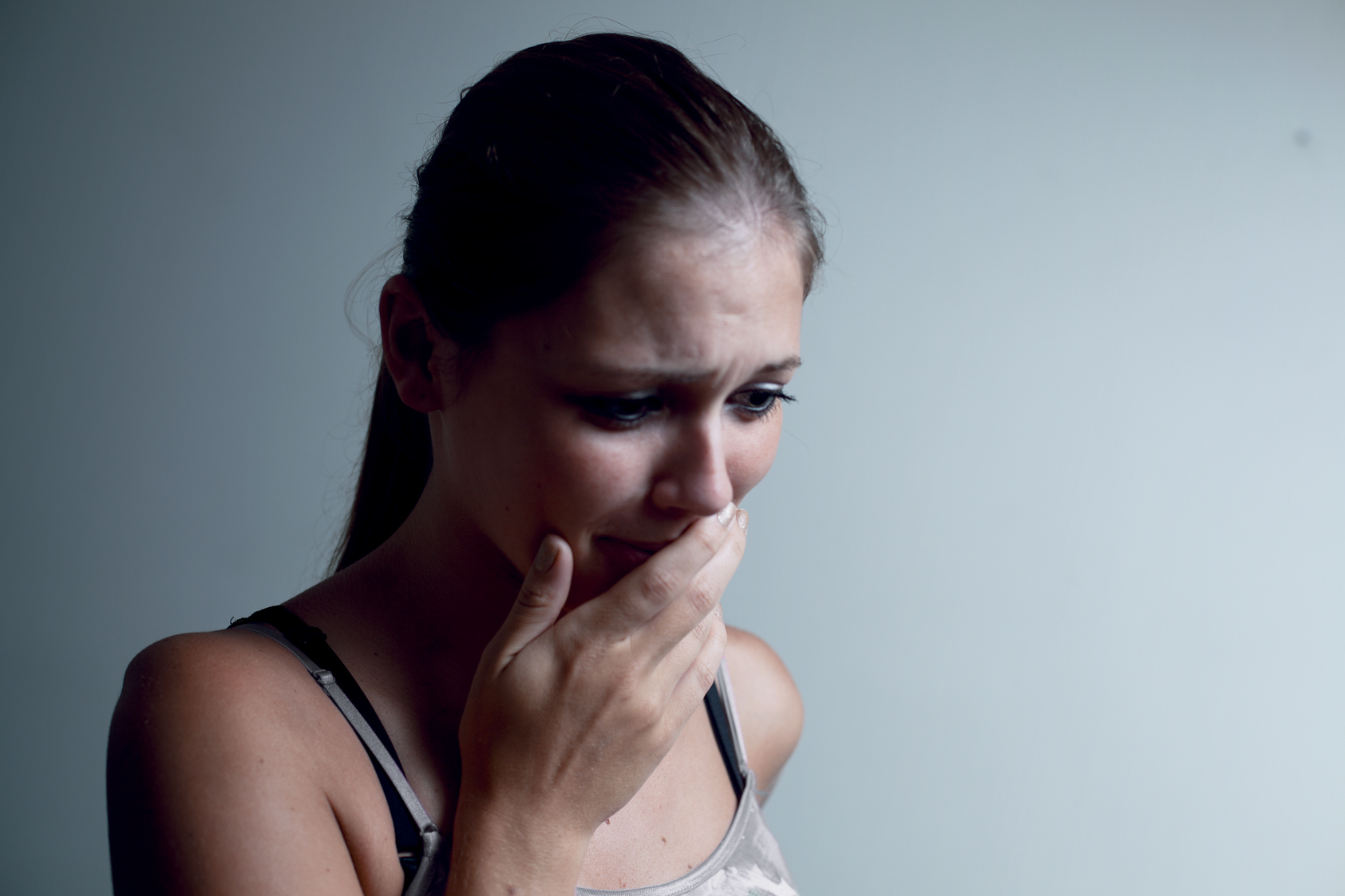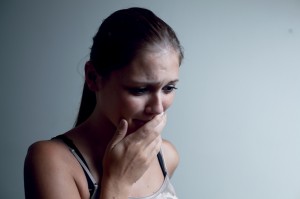Hindered healing

When Benjamin Branscombe went to the University of British Columbia with his best friend Colin Rakusin in September 2009, he thought they would be roommates throughout their university career. He never imagined he would be burying his roommate a short three months later.
“It’s still kind of hard to talk about,” Branscombe said. “We were supposed to be roommates all four years and then all of a sudden he was gone. It was really difficult coming to terms with that.”
Best friends since their early days in high school, Branscombe and Rakusin were both enthused about going away to university together and eventually living in an apartment once they completed first year. Those plans changed in 2009 over the Christmas break.
“Colin went home [for the Christmas break] a few days before I did and I was finishing up my exams,” Branscombe recalled.
“I wrote them, drove home and the minute I walked into my house and saw the look on my parents’ face, I knew that something was wrong.”
Unfortunately, Branscombe’s intuition would be correct. Rakusin had been driving late at night after leaving a friends’ house, and lost control of his car on a patch of black ice. He passed away just a month after turning 18.
“Everything that happened after that is kind of one big blur. I was so sure that I was going to be sick,” Branscombe said.
“The last thing I expected was that my best friend would die. I’m still not over it. I don’t think you ever get over something like that.”
Dealing with grief and loss at any point in life can come with difficulties, however coping with grief while in university can be a major hurdle in the healing process.
The most common definition for grief is when one suffers a great loss, often through the death of a loved one. However, grief is not limited to just the death of a loved one. Grief can also include parental divorce, the end of a long-term romantic relationship, difficulties with family dysfunction and learning about one’s own medical or mental health challenges.

“I was ashamed of how I felt”
Two months after his best friend’s death, Branscombe was afraid to admit to his friends and family that he was still having difficulty adjusting to the loss.
“I felt like I should have been going on with my life by that point, like I shouldn’t have been mourning him anymore,” Branscombe said. “In reflection, I should have realized that it was okay, but at the time I felt completely alone because I was ashamed of how I felt.”
Lindsay Rennie, a counsellor at Wilfrid Laurier University counselling services, explained that the process of grieving varies based on the person and their emotional stability at the time.
“The common thing that people say to a counsellor is that people are telling them to just ‘get over it,’ but I think that the challenge there is that there is a process that people go through when they’re grieving and the process is very individual and very different according to a person’s ability to cope and manage and also their sense of resiliency,” Rennie said.
“For some people it may take a week, for others it may take two months but it is very varied.”
During his time of grieving, Branscombe was often fatigued from a lack of sleeping, had lost a significant amount of weight and had become so isolated from his friends and family that he deleted his Facebook and other social media accounts.
“I did not want to be around people and I just lost interest in keeping in touch with anyone,” he said. “I really just didn’t think that anyone would understand what I was going through and I didn’t want to bother trying to explain it.”
According to Christopher Ross, a clinical psychologist and religion and culture professor at Wilfrid Laurier University, dealing with grief while away at school comes with difficulty, as this transition in life is hindered by loss and the student may feel like their friends and family from home are disconnected from them.
“It is an important time of transition based on life at home and peer cultures in your locality to one that takes you out of your town that you’re used to so you have loss there, even if you don’t have a bereavement,” Ross said.
Ross explained that the reactions of grieving university students can be quite intense – many people can cope but there are more hurdles students face than an adult in the working world.
“It’s a bit of a fishbowl at the university, where things are concentrated in terms of timelines whereas if you were at work, you could take time off,” Ross explained. “But there isn’t any such thing at university and it can be quite disruptive.”
Accommodating loss
Times of loss also mean times of help, no matter where it comes from. Rennie said friends and family of the griever can offer support and accommodations simply by knowing that feeling sorrow is a process and knowing that it is not helpful to hurry it along. She said being supportive and understanding of the person and what they’re going through is significant.
“Sometimes it’s nice to do a good little return for somebody because sometimes people are comforted when somebody just says ‘want to come out for a movie’ or ‘can I come over and just talk?’ ” Rennie said.
However, it is most efficient for the grieving student to seek professional help — such as from counselling services — once they have come to terms with their pain and loss, according to Rennie.
“Often the third party will come in and ask what they can do,” she said. “But you may not be able to fix it, so a person takes time to get to a place of readiness when they want to be helped, but another part of that role can be offering resources.
“We start to discuss with them how that loss had impacted their emotional stability at the time and ability to concentrate and if they are interested in talking about their loss.”
In a number of cases, a student may be so overwhelmed by their grief that they are unable to complete their assignments or study for their exams. Extensions and deferrals can be met with the proper documentation and explanation, according to Rennie. Branscombe recalled being so distracted and unable to compartmentalize his feelings from his studies that he could not complete his assignments or study for his midterms. He turned to counselling for extensions.
“I knew that the chances of me finishing my essays were slim,” he said. “Since I couldn’t completely take a break from going to class, I needed more time to sit with the work.”
Looking ahead
According to Ross, it is not uncommon for some people to jumble the steps of grief — denial, anger, bargaining, depression and ultimately acceptance — and go back to certain stages.
“You don’t necessarily go through all of the stages in the same order and it doesn’t mean that you’re not dealing with your grief if you revisit them,” Ross explained. “You may revisit the same feeling, but it’s at a different angle of orientation and more perspective. It doesn’t mean you haven’t done the work.”
Once he finally accepted Rakusin’s death, Branscombe agreed to meet with a school counsellor to talk about his situation and make a plan for moving forward.
He was referred to a group therapy where he openly talked about his grief and was treated for depression. Today, Branscombe has accepted the death of his friend and knows how to cope with his emotions.
“Obviously there are days where I just need to be alone and feel sad about Colin,” Branscombe said. “But the trick is to not sit in that sadness and to always find a way out of that so I don’t fall into a deep depression.”


